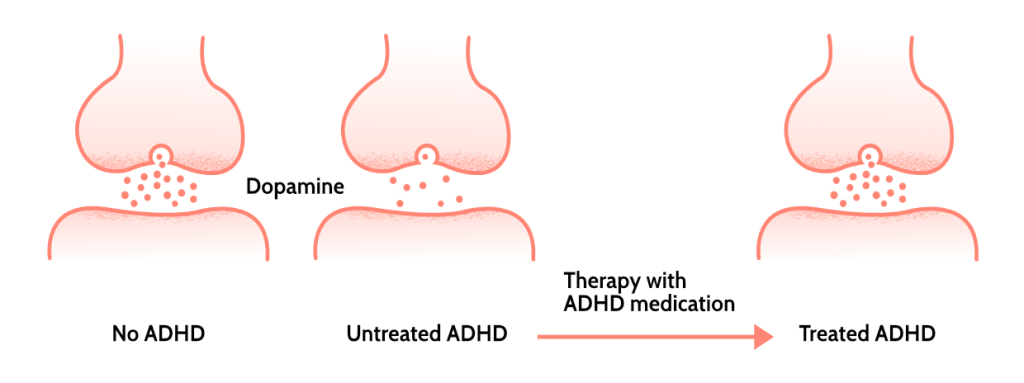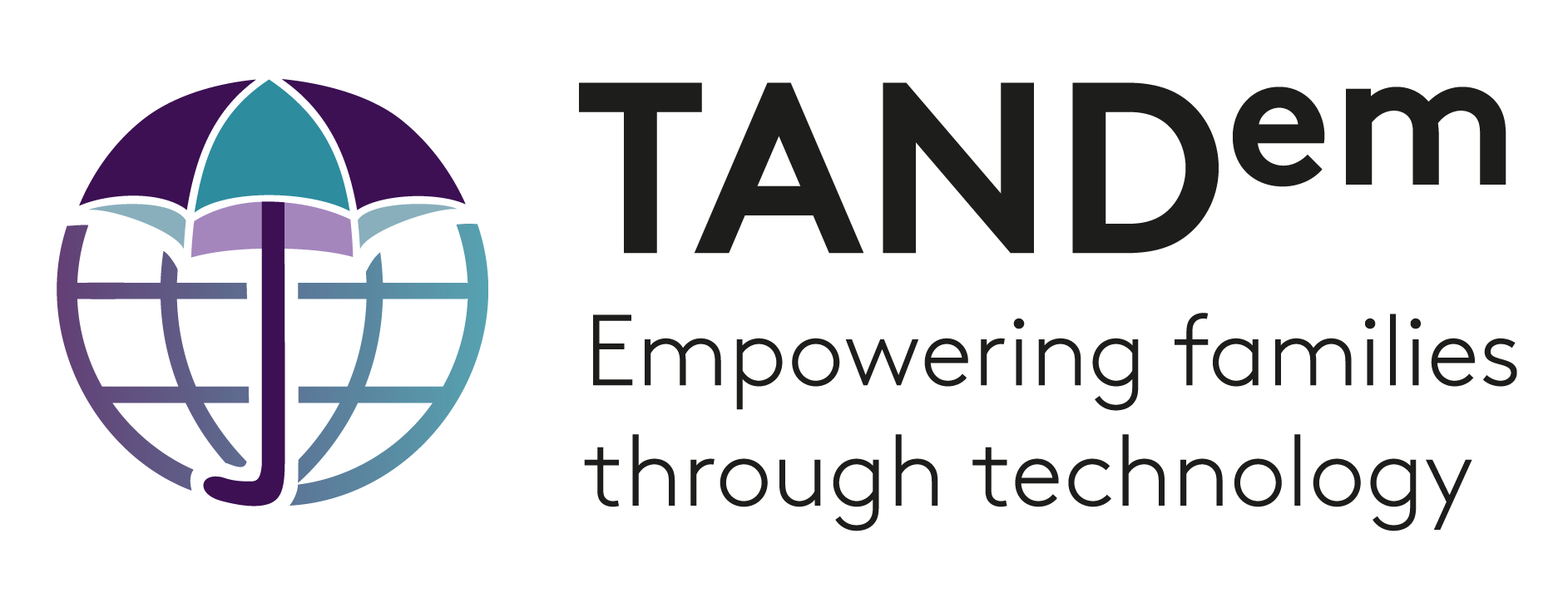Overactive/Impulsive Cluster
Home > TAND Clusters > Overactive/Impulsive > What to seek > Pharmacological treatments
Pharmacological treatments
Medication management in individuals with TSC and a diagnosis of ADHD
This is an overview of how medical treatment of ADHD is conducted according to current European guidelines. It is required that all prescription and monitoring of a medication is performed in accordance to the rules of the local healthcare system and legislation, according to the country of the world you are living in.
Here we explain the possible therapeutic strategies that your medical doctor may use in the treatment of ADHD. As some individuals with TSC may be on various medications for other TSC manifestations, it is important to discuss all medications being taken with your doctor as part of an overall treatment plan.
As a reminder, a proper diagnosis of ADHD can only be made by a medical doctor specialised in psychiatry or psychotherapy, a clinical psychologist, or other licensed mental healthcare provider, including paediatric neurologists, neurologists or general practitioners with training and experience in mental disorders.
ADHD in individuals with TSC is basically not different from ADHD in those without TSC
There is a large treatment gap for all TAND, including ADHD, in individuals with TSC. This is particularly disadvantageous for ADHD in individuals with TSC, as ADHD can be well treated with large therapeutic effects. One important reason for the treatment gap is often that both individuals with TSC and their caregivers, as well as many healthcare professionals, think that both clinical presentation ADHD and treatment strategies in TSC are different or could be different from ADHD in those without TSC. There is however no scientific evidence that this is true.
Course of treatment
When planning therapy, however, it must be taken into account that the majority of ADHD patients suffer from co-occurring conditions. Having a diagnosis of TSC, again, is not a contra-indiction for treatment with ADHD medication! Before receiving treatment, it is important for the family and/or individual to understand that not all overactivity/impulsivity symptoms may be related to ADHD, as there may be other related factors. Identifying the symptoms that have the most impact on quality of life should be prioritised when seeking treatment.
Medication types
There are two primary types of medication used to treat ADHD, stimulants and non-stimulants. Stimulants work on the central nervous system by increasing the amounts of hormones called dopamine and norepinephrine in the brain. Non-stimulants do not increase dopamine levels and may take longer to see a result compared to stimulants.
As a drug group in ADHD therapy, non-stimulants are ‘second-line’ to stimulants. Non-stimulants are not as strictly regulated compared to stimulant medication, but the specifics vary within each country. Stimulants and non-stimulants work on different areas of your brain, so effectiveness and side effects may vary. Prescription will vary on an individual basis, so consult your medical professional.
Examples of stimulants
- Methylphenidate –Ritalin, Medikinet, Concerta
- Amphetamines/Lisdexamfetamine – Adderall, Dexedrine, Vyvanse
- Atomoxetine – Strattera
- Guanfacine – Tenex, Intuniv
Intended effects
If the diagnosis of ADHD is correct, medication is often a very effective treatment of the ADHD core symptoms. Provided a correct diagnosis of ADHD, attention problems in school and work, hyperactivity and impulsivity will usually and sometimes even strongly improve. These positive effects are stronger for stimulant medication in comparison to non-stimulants, however the effects of stimulants will hold only as long as the medication is still present after the last intake – which is 16 hours at the longest.
Although the main effect of ADHD medication is on the core symptoms of inattention, hyperactivity and impulsivity, there are often beneficial effects also on associated co-morbidities such as oppositional-defiant behaviours and mood problems.

Side effects
Psychostimulants have a long history of use as medications, have high potency in relation to target symptoms, and are generally well tolerated. The side effect profiles of methylphenidate and amphetamines are similar, although the side effects of amphetamines are generally more pronounced in accordance with the stronger effect of amphetamines compared to methylphenidate.
In children in particular, methylphenidate often leads to a temporary reduction in appetite, which can manifest itself in reduced weight gain or even weight loss. It is not unusual for hunger to re-emerge later in the day to account for the appetite suppressing effect of medication if taken in the morning. These side effects usually disappear with time. Talk with your doctor if you are concerned about the potential appetite suppressing side effects of medication.
The spectrum of possible other side effects of methylphenidate is broad. There may be differences in the types of medication a child or an adult would take, so it is important to discuss dosing and side effects with your healthcare provider. If there is a suspicion that the patient could have an adverse response to stimulants it may be beneficial to take it on a trial basis under medical supervision.
If there is a history of cardiovascular disease or hypertension, the dose of stimulants in children, adolescents and adults should always be coordinated and under further supervision by a medical doctor experienced in cardiology.
But also keep in mind that the majority of people taking stimulants will not experience side effects, at least not on a long-term basis.
Duration of therapy
Drug treatment for ADHD may be beneficial on a long-term basis. When starting the dose in childhood, the dose should be regularly adjusted as the weight increases. At the latest in adolescence, it should be checked whether stimulant treatment is still necessary, since the symptoms in about half of those affected by ADHD largely remit at this age. ADHD may present differently in adulthood, so it is important to discuss any concerns with your healthcare provider.
All medication to treat ADHD must be monitored on a regular base by a medical doctor with experience in mental disorders throughout the treatment period. When a medication for ADHD is started, regular follow-ups have to be established.
*The use of medication is also dependent on national or local government and healthcare system permissions and licenses. Therapeutic strategies are a matter of different expert opinions as well as continuous scientific and clinical development and changes. We therefore cannot take any legal responsibility for the strategies outlined here. This information is intended for readership of non-professional individuals worldwide with TSC and their caregivers in very different healthcare scenarios.*




